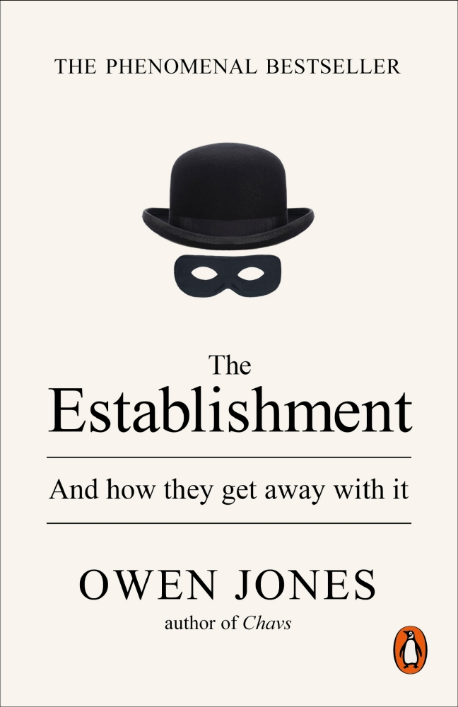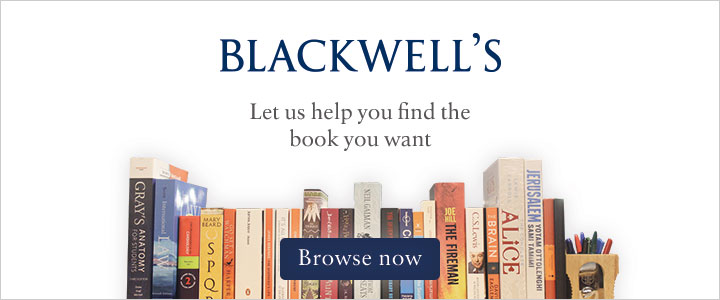This is not a bird or nature book, but given that this is a campaigning website then I think you’ll find that there is plenty in this book for you if you want the world to be a different place. And I do, and know that many of you do too.
Much of the book is the equivalent of a natural history of establishment power blocks – politicians, the press, industry, the rich, the titled etc – there seem to be an awful lot of ‘them’ but the point is that there are far more of ‘us’ and we live in a democracy where the people have power, if only they would take it and use it. There are plenty of examples of events that you will have lived through, read about in the newspapers or watched on TV – this is a book about modern Britain, although it is a modern Britain which is too much in the grips of the power blocks of the past.
Some readers of this blog attended Hen Harrier Day rallies yesterday and other will do so today – these are examples of people taking the issues into their own hands and being agents for change. And next weekend there is a march to Downing Street on the #crushcruelty agenda of keeping the hunting ban, ending the badger cull and banning driven grouse shooting – I’ll be there, will you? Will Owen Jones?
I’m guessing he won’t be, for this is a very people-focussed, urban-focussed, book. I sometimes despair at the lack of attention that the Left, of which I regard myself as a member, gives to the countryside and nature.
You couldn’t get much more of an establishment activity than driven grouse shooting – huge areas of inherited land set aside for the shooting of wildlife for fun by the rich and landed. It’s not just worthless for most people, it’s actually harmful because grouse shooting deprives the rest of us of wildlife such as Hen Harriers, Golden Eagles and Mountain Hares and reduces public goods such as flood alleviation, unpolluted waters and stored carbon. It is quintessentially an activity for the benefit of the very few and to the disbenefit of the very many. That’s why the Westminster Hall debate last October was packed with Conservative MPs who might not normally show their faces in such an environment but felt fairly comfortable amongst so many other Old Etonians! No, of course their schooling doesn’t matter, but it would if the proponents of shooting Red Grouse for fun numbered a high proportion of the former students of Hartcliffe Comprehensive School who just happened to be so numerous in the House of Commons!
If we can’t crack this one by working together then there is little hope for trickier issues. Jones is strong on social issues but weak on environmental ones in this book – but the intelligent reader can make the links easily enough, the general lessons apply.
It sometimes feels as though the power of the establishment is overwhelming – but it isn’t. If everyone who has said or written words like ‘we’ll never end driven grouse shooting with all the vested interests lined up against us’ would read this book they’d take another view. And honestly, it doesn’t help to play down the chances of victory! My view is that driven grouse shooting is utterly doomed. It’s doomed because hardly anyone supports it so our task is to mobilise everyone who wants to see an end to it, perhaps initially through reform and licensing, but since that won’t work, in the end banning will happen. And it may not be that far away – it isn’t tomorrow or the next day, but I expect to see it in my lifetime. Read this book and be inspired by the far greater battles that have been won against far greater vested interests and take hope! And take action.
The book is a good source of quotes – I like quotes! I discovered some for the first time or rediscovered others in these pages. Here’s one right near the end of the book:
‘Power concedes nothing without a demand. It never did and it never will‘ – Frederick Douglass.
And then Jones makes the point that those with common interests, however different they superficially may seem, must work together to engineer change and deliver social (and I would add, environmental) justice. Jones writes that ‘This tradition should provide hope for those who want change, and inspire fear in those who stand to lose from it‘ and I suspect that those who have campaigned for an end to driven grouse shooting, or other environmental causes, recognise those feelings of hope as we edge slowly forward, and see those signs of panic from the establishment as we make progress.
I found this book both frustrating and inspiring – in more or less equal measure. The links between social and environmental health are not recognised, there is rather too much tribalism in here and the tribe is pretty narrowly drawn in that it excludes most Labour Party members it seems (and certainly Tony Blair), but the analysis of how the world works is pertinent to many areas of radicalism and the description of the establishment rang many bells in my head.
These words from Jones seemed very true to me, and relevant to our own situation ‘Encouraging a response from those who defend the staus quo is important too. A victory is scored when your opponents are forced to debate issues they would rather leave ignored…‘. Now, let’s talk about driven grouse shooting!
It’s not a bundle of laughs, and if you don’t sign up to the author’s views you might find it a bit wearing (I didn’t) but if you treat this as a textbook which you should read for your own good then you will be pleasantly pleased by how enjoyable it is!
The Establishment: and how they get away with it by Owen Jones is published by Penguin.
Remarkable Birds by Mark Avery is published by Thames and Hudson – for reviews see here.
Inglorious: conflict in the uplands by Mark Avery is published by Bloomsbury – for reviews see here.
Behind the Binoculars: interviews with acclaimed birdwatchers by Mark Avery and Keith Betton is published by Pelagic – here’s a review and it’s now out in paperback.
[registration_form]

This is sitting among my quite large ‘books to read’ pile, but never quite makes it to the top. Your nudge should change that. For readers interested in a practical guide to campaigning, I can recommend ‘Blueprint for Revolution’ by Srdja Popovic. I’m hoping my current read on changing mass behaviour – ‘Herd’ by Mark Earls – will prove a useful complement.
This book was recommended to me when I was handing out “Ban Driven Grouse Shooting” leaflets last year in Hartington in the Derbyshire Peak District and discussing the issues involved! Had a big impact on me.
Thanks Mark. It’s on the list.
Let’s hope Jones has got to grips with land – its ownership and the way it provides the bedrock for the power of the establishment.
‘… the way land (nature) is owned determines the social structure and reflects the culture and character of every society.’ [Robert Waller’s chapter in ‘LAND for the people’ Girardet, H., Crescent Books, 1976] An old book now.
Yes, Labour doesn’t seem to do nature and the environment. Except once upon a time back in the 80’s there was something called the Socialists’ Countryside Group. Blimey, even Arthur Scargill appeared front stage at a big London gathering once.
As for favourite quotes this one is from memory from Bob Crow in BBC Any Questions at (?) about the time of the financial crisis. It was delivered with his usual machine gun articulation (a test for even the best mimics) and is far better heard than read:
‘This is the death knell of capitalism. All we’ve got to do now is dig a six foot ‘ole and put it in it.’
The late Robert Waller (a ‘poet of ecology’ and an agricultural campaigner) heads his chapter with this quote from the ancient Greek playwright, Euripides:
Happy the man whose lot is to know
The secrets of the earth. He hastens not
To work his fellows hurt by unjust deeds,
But with rapt admiration contemplates
Immortal nature’s ageless harmony,
And how and when her order came to be.
Euripides seems to have been an ethicist and nascent ecologist as well as a playwright. He looks like a good ally to have. So too Waller but I know next to nothing about either of them.
There’s the Socialist Environment and Resources Association (SERA) which was established in 1973 and which campaigns for the Labour Party (to which it is affiliated – the only environmental group to be so linked) for the party to “adopt ambitious environmental policies”. To be honest I’d never heard of it until my newly minted Labour MP attended a re-launch and tweeted about it. Both its profile and influence seem very low since were it otherwise, they might have got more Labour MPs to join the DGS debate. See http://www.sera.org.uk/about
Thanks John, that’s interesting.
Like Paul, I’m guilty of a large pile of ‘still to read’ books and this is amongst them alongside others like Andy Wightman’s The Poor Had No Lawyers (OK it relates to Who owns Scotland and how they got it). One day, hours in etc. Like Paul, following your nudge on Saturday (Sheffield HHD) I’ll revisit it again and do as suggested in so much as treating it like a text book (useful index helpful in this respect as well as reference notes). Will Jones conclusion ever come to pass I wonder – will there be a democratic revolution?